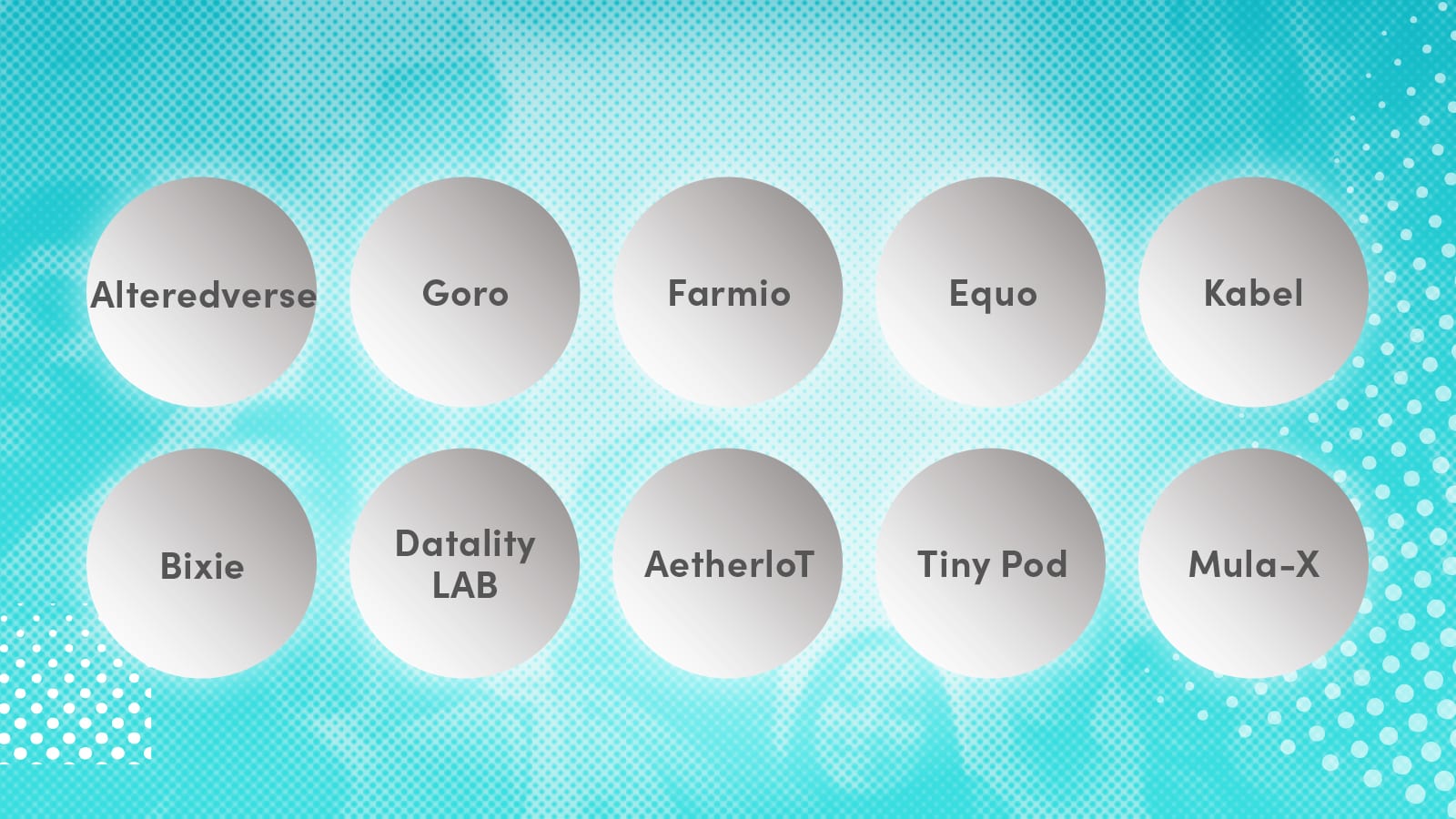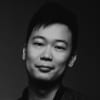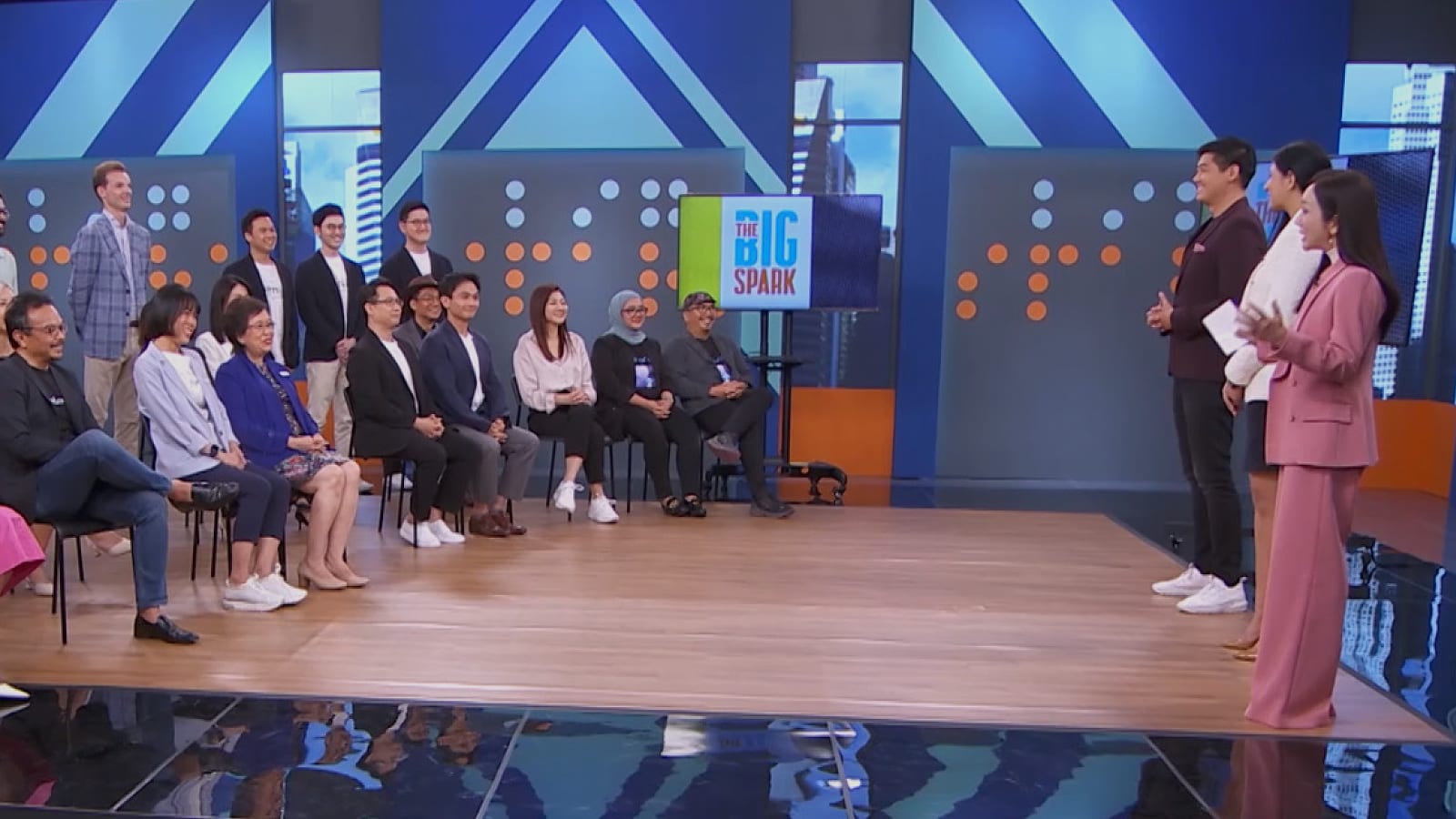
THE FINAL STRETCH
The Big Spark
Hopes were dashed, and ignited, following the conclusion of The In-Depth Pitch as the judges wielded the axe and sent just a third of the 15 teams to the final round – The Big Pitch.
While it was evident that all the teams had diligently applied the advice provided by resident judges Lim Wai Mun, Founder & CEO of Doctor Anywhere, and Roshni Mahtani Cheung, Founder & Group CEO of The Parentinc, a few were still unprepared for the barrage of questions thrown their way.
Unlike the first round – The Quick Pitch – where contestants were afforded the luxury of completing their presentation without disruptions, the resident and guest judges for the second round had at several junctures interrupted the contestants and posed questions, many of which were related to business projections and finances.
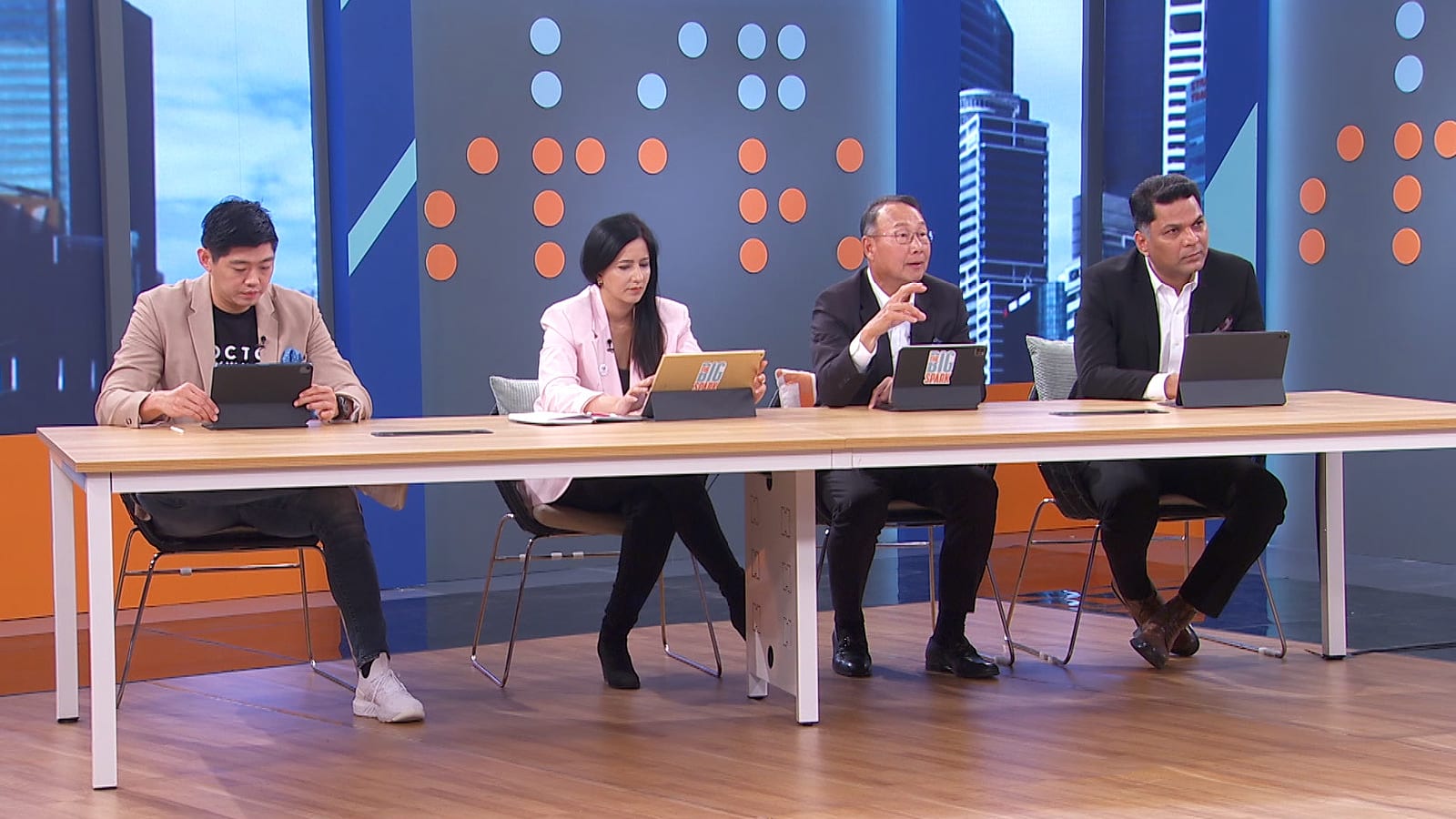
The message was clear: investors need to see the numbers if they are to be convinced of funding their start-up.
At least three teams failed to include slides about their finances in their presentation and drew the ire of the judges. Unsurprisingly, these teams failed to advance to the final round.
The judges were also more unforgiving at this stage of the competition and did not hesitate to get contestants to cut to the chase. Tiny Pod founder Seah Liang Chiang, for example, was told to speed up his presentation and not dwell on his history of getting fired multiple times before finding success and becoming a multi-millionaire.
Liang Chiang then seemingly shot himself in his own foot when he admitted to the judges that he has never once stayed in the tiny hotels he has built in Singapore. Despite the confident presentation, Roshni seemed less than impressed with what she saw and expressed skepticism about start-up founders who do not use their own products.
Many of the venture capitalists who assisted Wai Mun and Roshni with making the final cut also wondered if there is enough demand for the tiny accommodation options offered by Tiny Pod.
Another lesson that contestants picked up from the second round was this: Be tactful. This was the case with Indonesian mental health start-up Tenang AI, whose founders revealed that the beta testing phase of their product yielded a revenue of just a few hundred dollars.
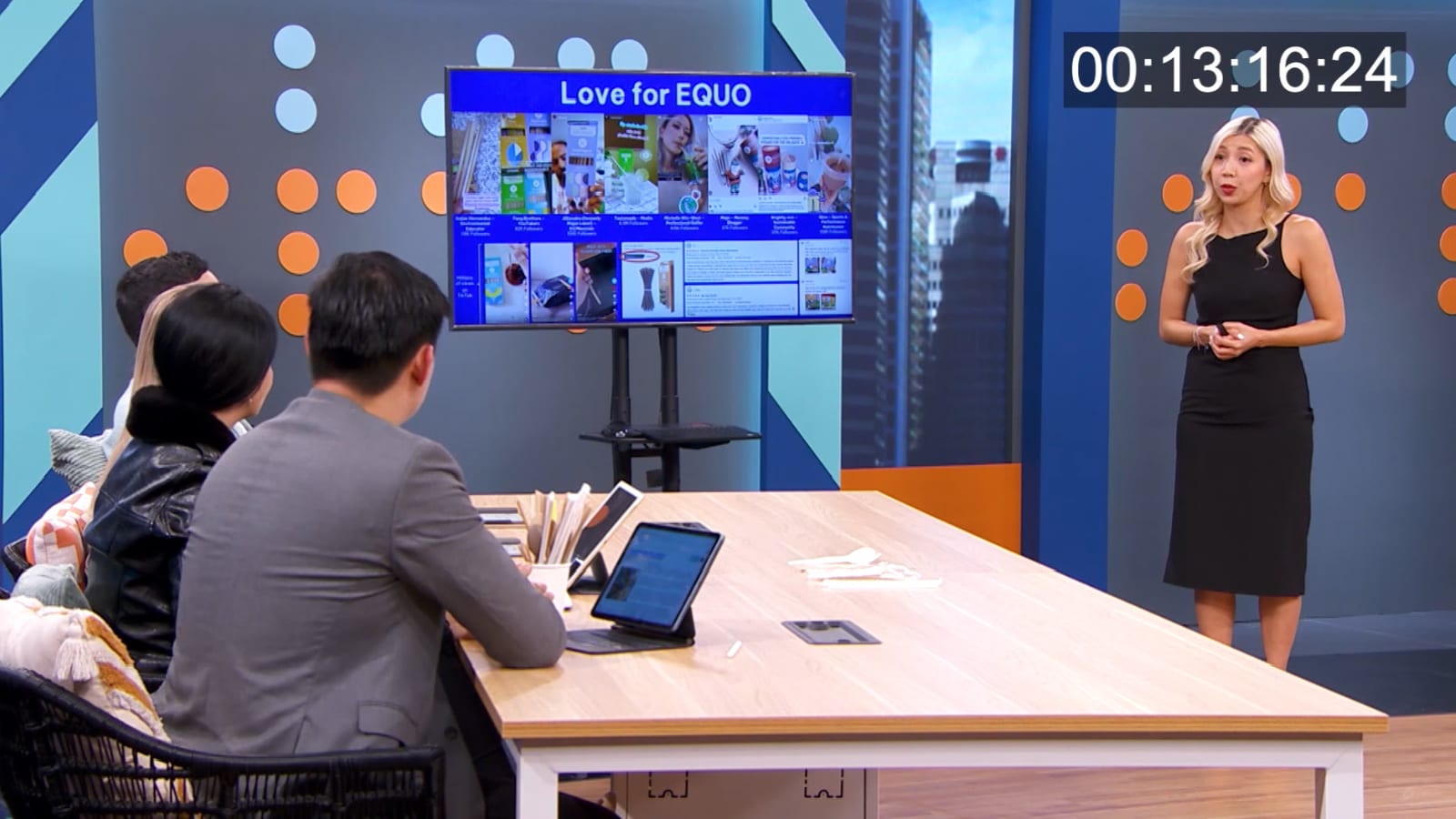
Roshni suggested to the founders that they should have “respectfully declined” to share such information as this low figure could leave a negative impression on potential investors. Despite this hiccup, the team was deemed to have immense potential to scale and was given the nod for the final round.
The show then highlighted once more the fact that success is not guaranteed even if one has a good product and healthy finances when Goro, which offers fractional investing in Indonesian properties, and Equo, which produces compostable straws and utensils, did not make the final cut. This was also despite the fact that the founders of both start-ups had given confident presentations in both rounds of the competition.
The In-Depth Pitch also had its share of touching moments. After piquing the curiosity of the judges with the reveal of an unusually low burn rate, the two founders of PharLyfe+ founders explained that this is possible due to how little they are paying themselves.
Professor Chan Sui Yung revealed that she does not draw a salary from the company, while Dr Tan Poh Leng earns just S$3,000. Although the judges expressed their admiration for the duo, Wai Mun encouraged them to consider if this current approach would be realistic in the long run, inadvertently raising a point that is often discussed in the start-up community – is passion alone enough to sustain one’s ambitions?
At the moment, this certainly seems the case - PharLyfe+ was given the golden ticket to the final.
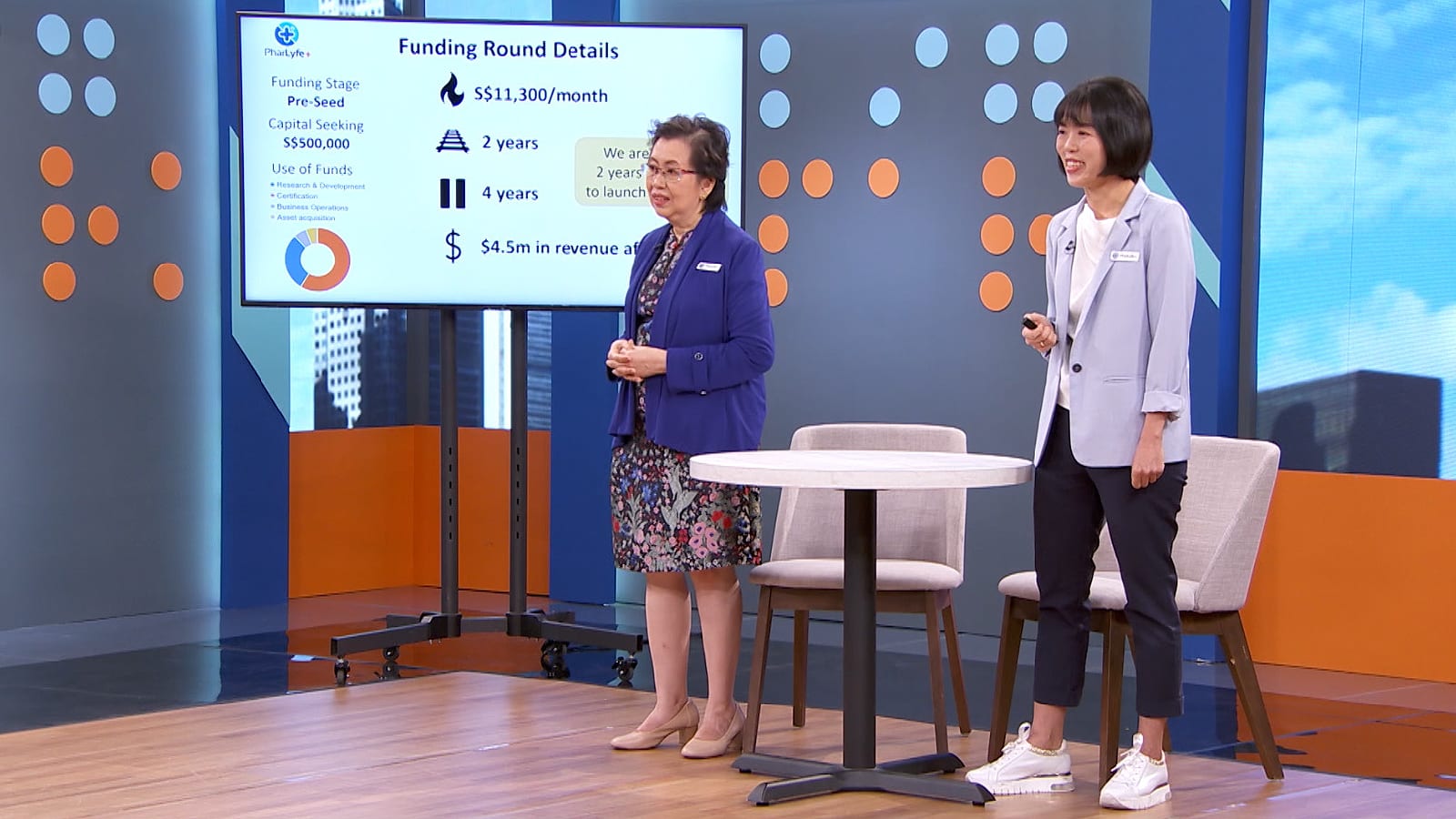
Tune in to the eighth and final episode of The Big Spark to find out the fates of the remaining five teams that will pitch their ideas to eight venture capitalists and vie for funding that could potentially take their start-ups to the next level.
REMAINING TEAMS

ELIMINATED
